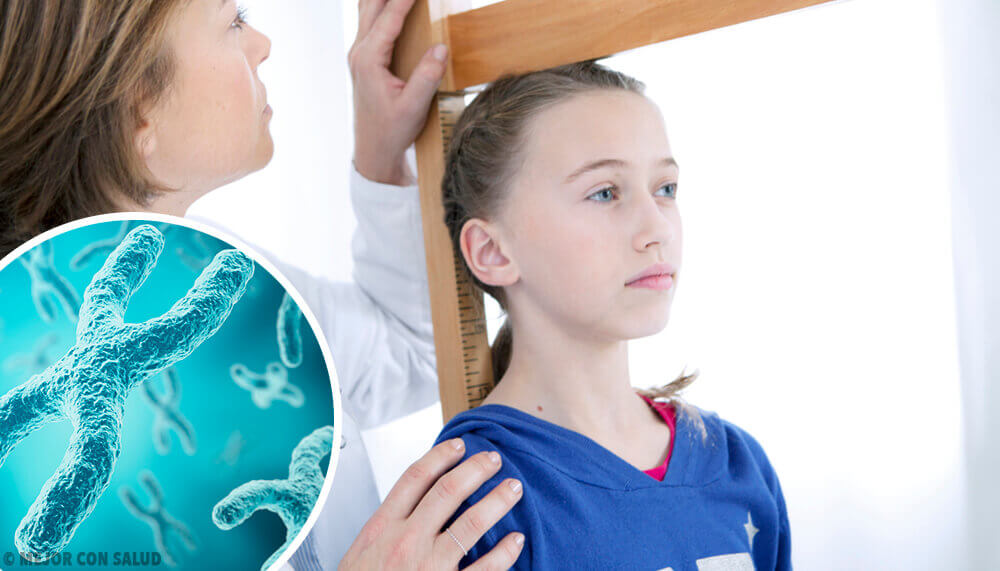 Parents of girls who don’t appear to be developing at the same rate as their peers and who suffer from frequent ear infections may want to ask their family doctor if she should be tested for Turner syndrome, a rare genetic condition which affects one out of every 2,000 – 4,000 female births.
Parents of girls who don’t appear to be developing at the same rate as their peers and who suffer from frequent ear infections may want to ask their family doctor if she should be tested for Turner syndrome, a rare genetic condition which affects one out of every 2,000 – 4,000 female births.
While Turner syndrome is rare, it can have hearing health complications so it’s very important to diagnose this condition at its earliest stage. Those affected have higher incidences of heart, liver and kidney abnormalities, autoimmune disorders, chronic ear infections and hearing loss.
About Turner syndrome
 Among the 23 pairs of chromosomes in the human body are two sex chromosomes which differentiate men from women. Men have one X and one Y chromosome in their cells while females have two X chromosomes. When females are missing all or part of the second X chromosome, it can cause a condition known as Turner syndrome. The condition is named after Dr. Henry Turner, who first described the condition in 1938.
Among the 23 pairs of chromosomes in the human body are two sex chromosomes which differentiate men from women. Men have one X and one Y chromosome in their cells while females have two X chromosomes. When females are missing all or part of the second X chromosome, it can cause a condition known as Turner syndrome. The condition is named after Dr. Henry Turner, who first described the condition in 1938.
This chromosomal condition, which prevents the female body from growing and maturing naturally, can be diagnosed anytime during pregnancy, infancy, late pre-teen or early adolescence. Although each individual is unique, physical characteristics may include short stature, down-turning eyelids, low set and prominent ears, and a small jaw. A blood test is typically used to diagnose the syndrome.
How Turner syndrome affects hearing
 Those with Turner syndrome have a high prevalence of problems with their hearing and should be evaluated frequently. Common problems include:
Those with Turner syndrome have a high prevalence of problems with their hearing and should be evaluated frequently. Common problems include:
- Chronic infections of the middle ear
- Cholesteatoma can be more prevalent among girls with Turner syndrome due to frequent ear infections. This can cause trouble with balance and dizziness and even meningitis if left untreated.
- Conductive hearing loss mainly can interfere with speech and language development when left untreated.
- Sensorineural hearing loss (SNHL) appears in late childhood/early adulthood. Most cases of SNHL can be treated with hearing devices such as hearing aids or cochlear implants, depending upon the severity of the hearing loss.
If you suspect a female member of your family has Turner syndrome, talk to your family physician. Additional information and resources about this condition are available at The Turner Syndrome Society of the United States.The organization also has a robust Facebook community where families can post questions, share personal stories and get support.
Even though Turner syndrome is rare, it’s always a good idea to begin monitoring hearing health at an early age. Always check with a hearing professional if you have any doubts or concerns about your child’s hearing.
